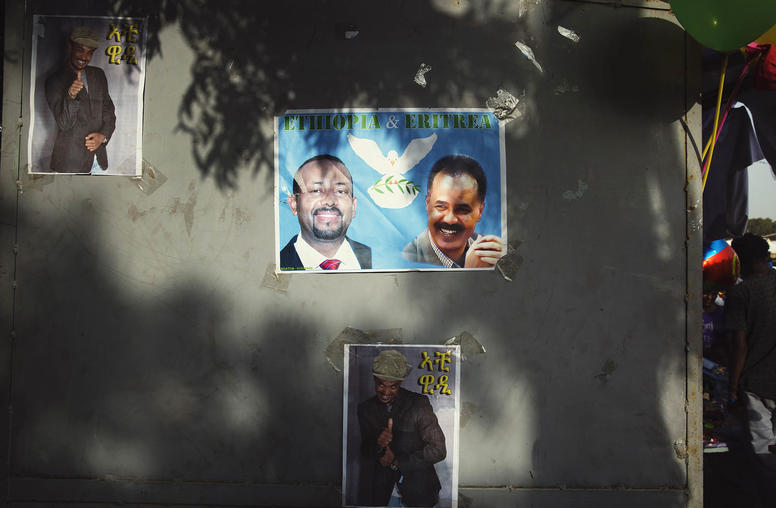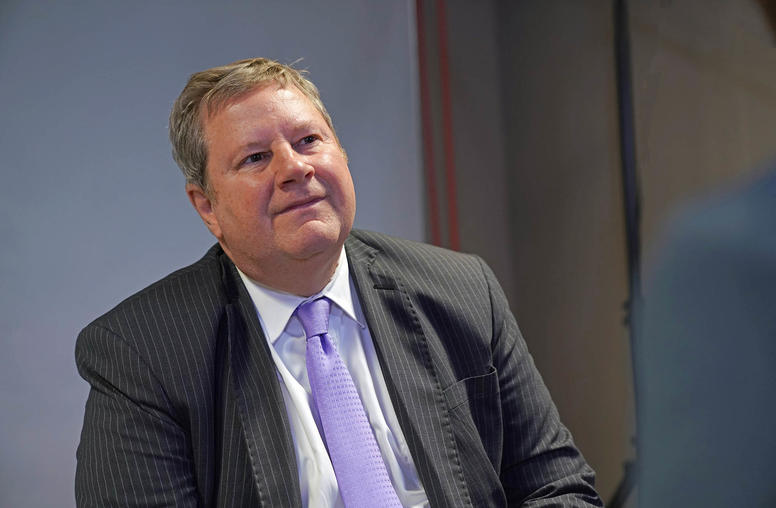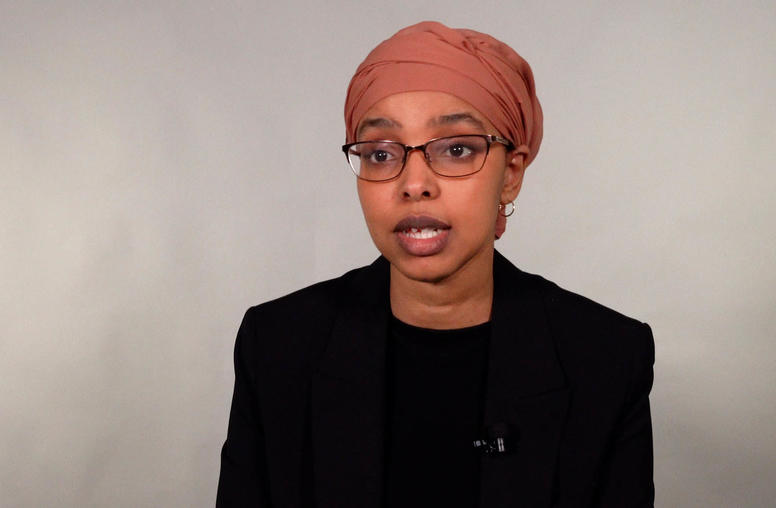A Changing Ethiopia: Understanding Medemer
Can A New Political Philosophy Remake Ethiopia?
Nobel Peace Prize winner and Ethiopian Prime Minister Abiy Ahmed has unveiled a new political philosophy for his country: “medemer,” an Amharic word which literally translates as “addition,” or “coming together.” But what are the key principles of medemer, and how can they be applied both domestically and abroad? How does medemer link with the existing Ethiopian political and social structure? And amid ongoing change and volatility, with highly anticipated elections looming, is medemer a path to sustained reform, or merely a political slogan?
During this crucial period of reform and uncertainty in Ethiopia, join USIP and a distinguished panel that includes representatives of the Office of Prime Minister Abiy Ahmed for a look at the questions, possibilities, and problems offered by medemer.
Join the conversation with #AChangingEthiopia.
Speakers
Fitsum Arega Gebrekidan
Ambassador to the U.S., Ethiopia
Lencho Bati
Senior Political, Diplomatic, and Foreign Policy Advisor, Office of the Prime Minister of Ethiopia
Mamo Mihretu
Senior Adviser on Policy Reforms and Chief Trade Negotiator, Office of the Prime Minister of Ethiopia
Etana Dinka
Visiting Assistant Professor of African History and Mellon Postdoctoral Fellow, Oberlin College
Aly Verjee, moderator
Senior Advisor, Africa Program, U.S. Institute of Peace



